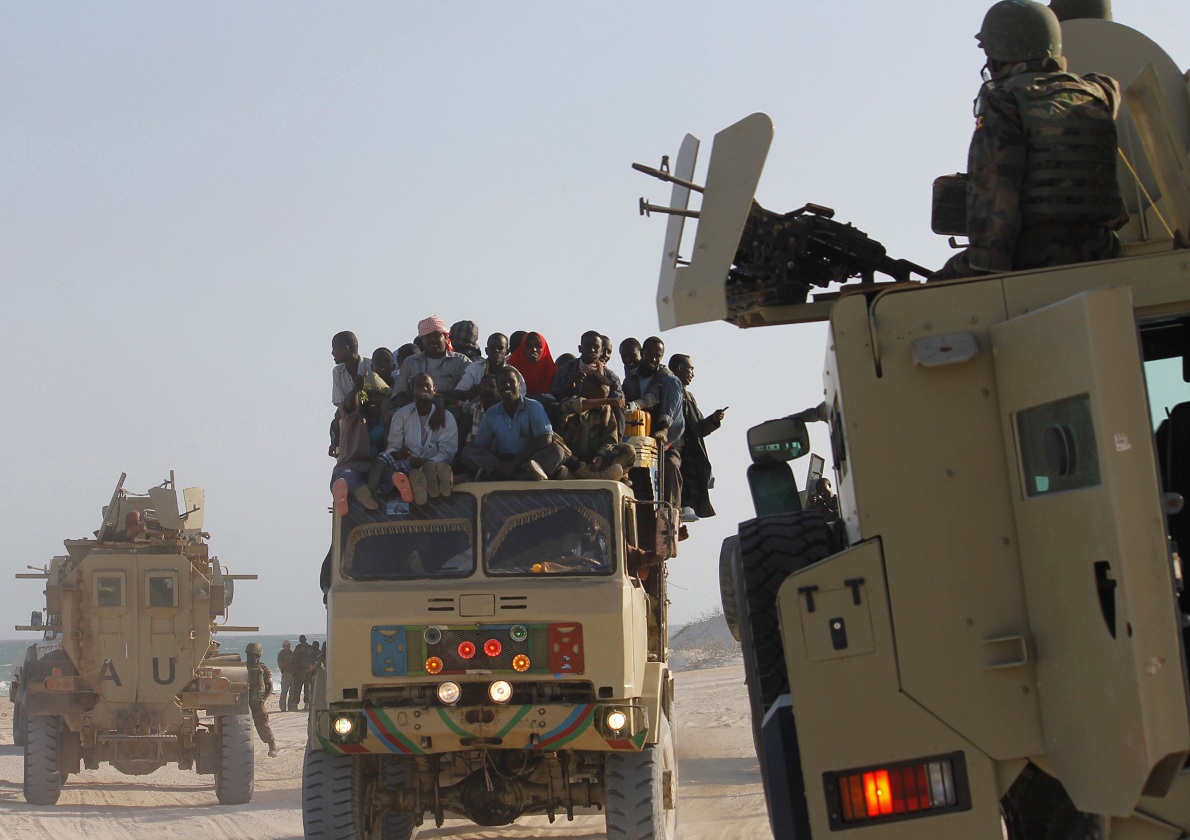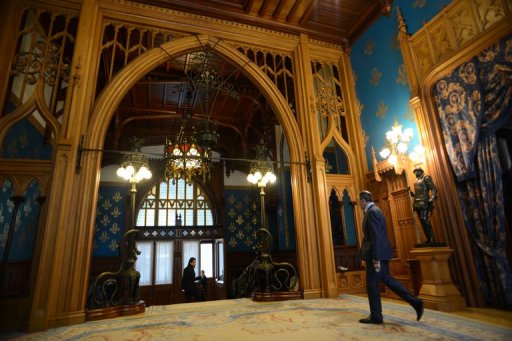WASHINGTON: US Secretary of State Hillary Clinton said Thursday the United States will urge the Europeans, Arabs and others to do more to press Syria to stop its deadly crackdown on pro-democracy protesters.
Clinton said President Bashar Al-Assad’s regime was responsible for the deaths of over 2,000 people, repeating that Washington believes Assad has "lost his legitimacy to govern the Syrian people."
She also voiced hope that the UN Security Council’s statement on Wednesday condemning Assad’s government would be the first of many future steps to make Damascus "pay the price" for its violent repression.
"We know that it has taken time to pull together a broader international coalition to speak out about what is happening in Syria," the chief US diplomat told a press conference with Canadian Foreign Minister John Baird.
"But we are committed to doing all we can to increase the pressure, including additional sanctions but not just US sanctions, because frankly we don’t have a lot of business with Syria."
She said the United States and its allies were looking at ways to pile more pressure on Assad beyond sanctions alone.
"We need to get the Europeans, and others. We need to get the Arab states. We need to get a much louder chorus of voices that are putting pressure on the Assad regime. And we are working to obtain that," Clinton said.
US officials have said a lack of consensus has meant that international action has been less robust in Syria than in Libya, where a NATO-led force has launched air strikes against Moammar Qaddafi’s forces crushing the opposition.
Unlike in Syria, Arab League members have supported and actively participated in the no-fly zone imposed over Libya.
On Tuesday, the European Union added Syrian Defense Minister Ali Habib Mahmud and four others to its sanctions blacklist of individuals and businesses associated with a bloody clampdown on dissent.
And the United States imposed financial sanctions Thursday on Muhammad Hamsho, a businessman close to Assad and his family.
Clinton hailed the UN Security Council for condemning Syria’s deadly attacks on civilians and calling in its first statement on the crackdown for those responsible to be held "accountable."
Noting that such a decision could not have been made a week ago, Clinton expressed hope it would be the first of "continuing steps to try to unite the world" in both words and action.
The moves will seek to send "a very clear message to the Assad regime, the insiders there, that there is a price to pay for this kind of abuse and attacks on their own people," she said.

